Plant Based Eating and Respect for Animals
Contact the Enviro Team | Join Enviro Email Group
Nearly 30 years ago, Denise Swanson and the Environment Committee began to promote plant based eating to respect animals, protect the environment and support healthy eating
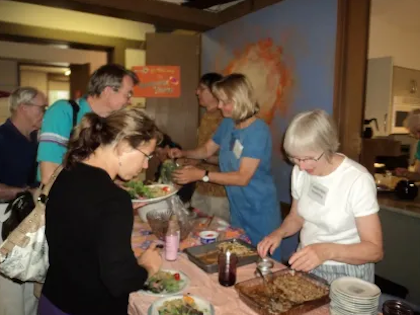

Left: Plant based Sunday brunch 2008
Right: Photo by Keith Wilkinson — Apple tree in community garden at UCV
By Denise Swanson
One of my strongest lifelong interests has been the protection and promotion of respect for animals. In 2007, there wasn’t any committee at UCV with that particular mandate, and the Environment Committee seemed a good choice to work with on this pursuit. Especially so, given that animal agriculture is one of the top industries responsible for environmental destruction.
One of my strongest lifelong interests has been the protection and promotion of respect for animals
I learned from reliable sources that balanced plant-based diets are nutritionally sound for all life stages. Not only that, they are significantly protective against some of our society’s most significant chronic health problems: heart disease, high blood pressure, obesity, diabetes, and various cancers.
I saw the UCV committee lunch fundraisers as an opportunity to raise awareness of the issue and show that entirely plant-based meals were not only possible but delicious . For the next several years, the Environment Committee collaborated to produce dozens of lunches for the congregation. I also worked on smaller-scale plant-based food service projects for other UCV events, such as workshops at the farmers market, a Worldwide Vegan Bake Sale in Hewett Hall, and put on cooking classes to show that preparing these foods is easy and fun.
The warm and energetic support of the UCV Environment Committee is a fond memory!
Another project I worked on with the Environment Committee involved developing some new church policies: using coffee that is organic and fair-trade, and providing plant-based milk options at coffee times.
During this time, I had been involved in several film festivals, and decided to host one at UCV focused on food and the environment. This was another great learning experience for all of us.
The warm and energetic support of the UCV Environment Committee is a fond memory!

Denise Swanson and David Steele led a forum, in 2019, on plant based eating. … Feel free to explore the links below they provided, for in-depth information and delicious recipes
- Brenda Davis — Plant Based Health and Nutrition
- Ginny Messina — The Vegan Registered Dietician
- Jack Norris — Vegan Health
- Vesanto Melina — Nutrispeak
- Michael and Masa Ofei — The Minimalist Vegan
w/ 50 + High-Quality Vegan Blogs Worth Following - Bryanna Clark Grogan — Vegan Feast Kitchen
- Susan Voisin — Fat Free Vegan Kitchen
- Nada — One Arab Vegan
- Miriam Sorrell — Mouth Watering Vegan
- Michelle Blackwood — Healthier Steps
lots of gluten-free recipes here - Isa Chandra — Post Punk Kitchen
- Alissa Saenz — Connoisseurus Veg
- Mary Lin — Mary’s Test Kitchen
- Earthsave Canada — Vegetarian and Vegan Dining Directory
- Canadian Nutrient File — Government of Canada Nutrient Search Engine
- Dieticians of Canada




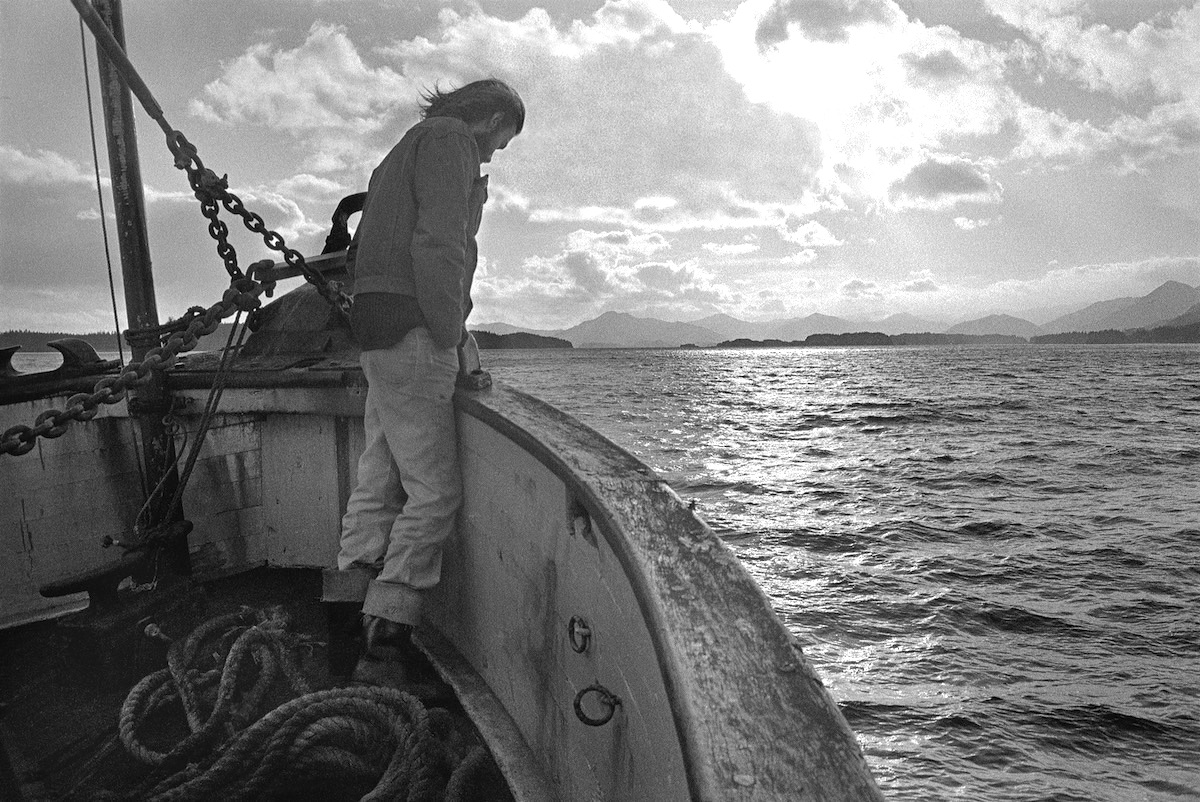
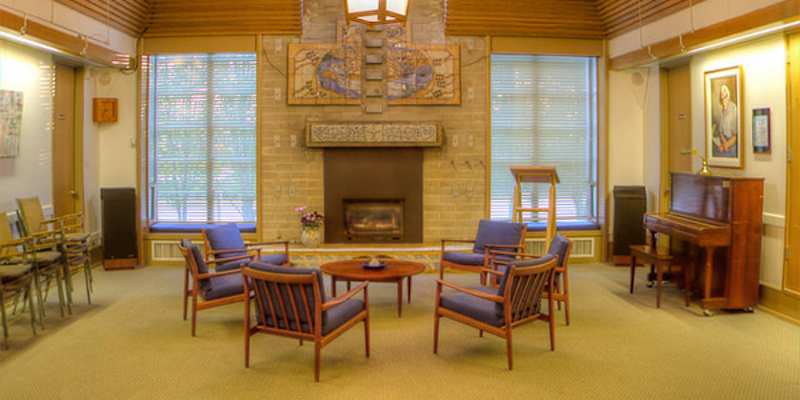
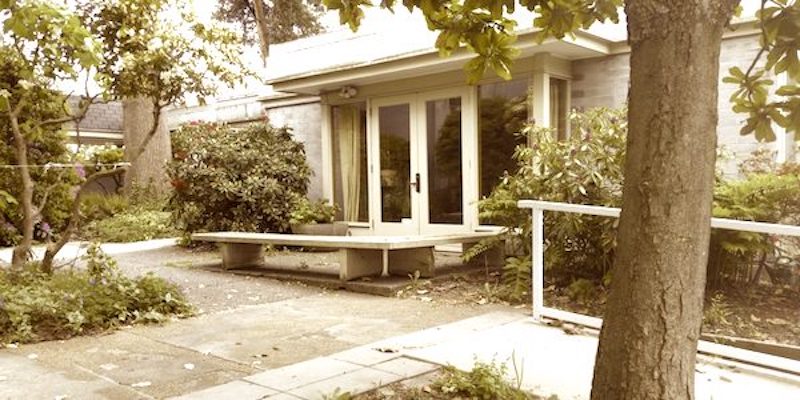
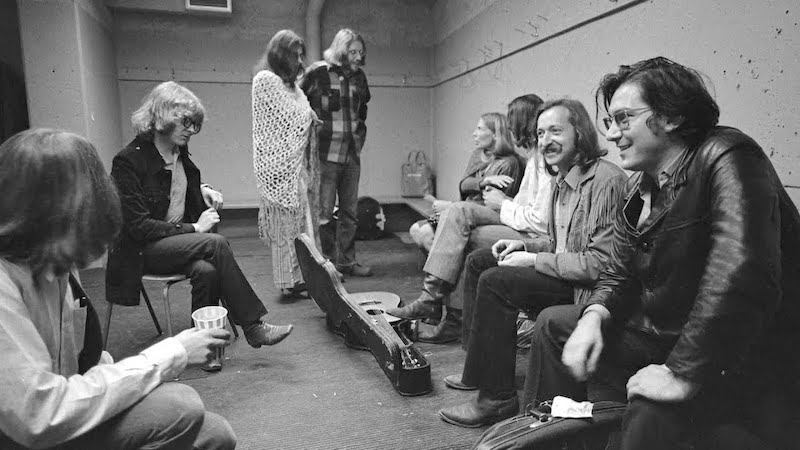










You must be logged in to post a comment.